Our sustainable
credentials
Every product that we make and every factory that we work with is certified or audited to ensure that it’s compliant with ethical and environmental standards.
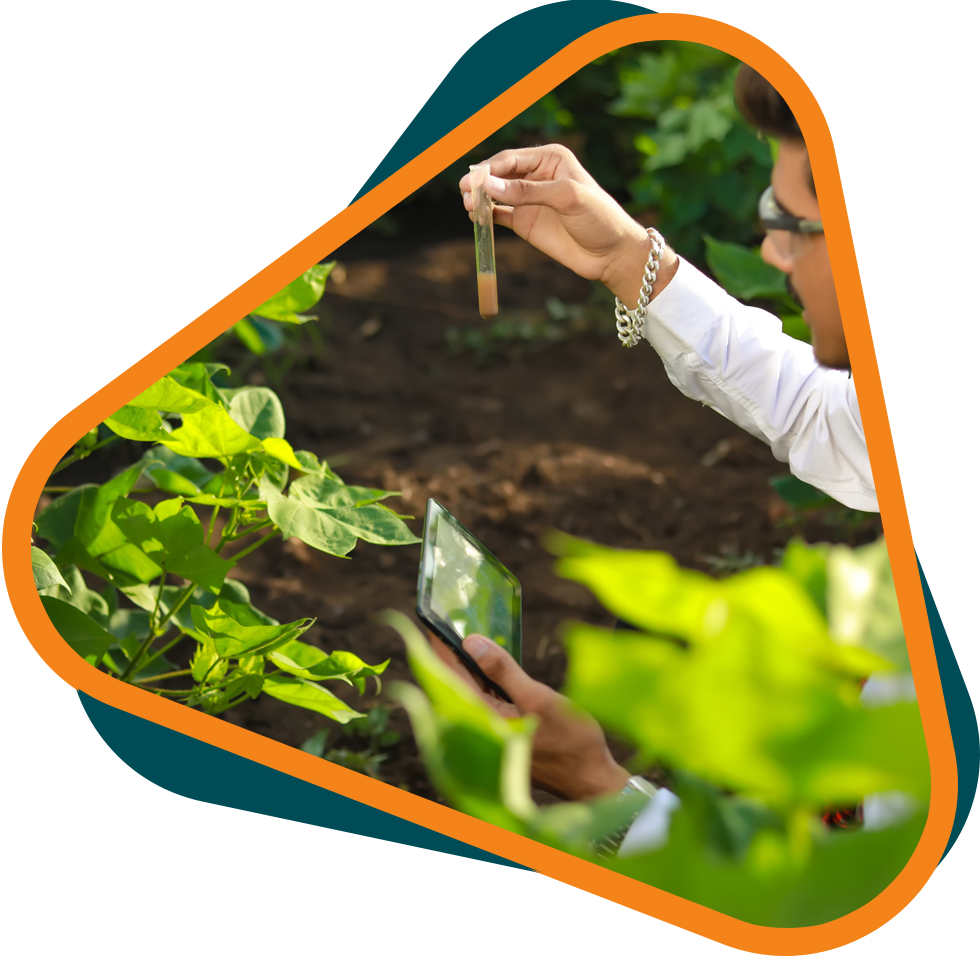
Product
certifications
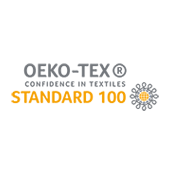
STANDARD 100 by OEKO-TEX® is one of the world’s best-known labels for textiles tested for harmful substances. It stands for customer confidence and high product safety. If a product is OEKO-TEX it will certainly be REACH compliant.

The GRS is an international, voluntary, full product standard that sets requirements for third-party certification of recycled content, chain of custody, social and environmental practices and chemical restrictions.
We do not have our own GRS license yet, but we will soon. We can supply GRS certificates for products that meet GRS standards, but cannot add the GRS to labelling until licensed ourselves.
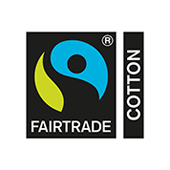
The GRS is an international, voluntary, full product standard that sets requirements for third-party certification of recycled content, chain of custody, social and environmental practices and chemical restrictions.
We do not have our own GRS license yet, but we will soon. We can supply GRS certificates for products that meet GRS standards, but cannot add the GRS to labelling until licensed ourselves.
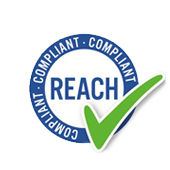
Every bag we make is REACH compliant in accordance with UK laws. REACH is an EU regulation concerning the registration, evaluation, authorisation and restriction of chemicals. It came into force on 1st June 2007 and replaced a number of European Directives and Regulations with a single system.
If supplying bags to other countries you may need to check if the bags need to meet other standards. For example, Prop65 for California.
The main aims of REACH are:
- To provide a high level of protection of human health and the environment from the use of chemicals.
- To make the people who place chemicals on the market, manufacturers and importers, responsible for understanding and managing the risks associated with their use.
- To allow the free movement of substances on the EU market.
- To enhance innovation in and the competitiveness of the EU chemicals industry.
- To promote the use of alternative methods for the assessment of the hazardous properties of substances e.g. quantitative structure-activity relationships (QSAR) and read across.

The GRS is an international, voluntary, full product standard that sets requirements for third-party certification of recycled content, chain of custody, social and environmental practices and chemical restrictions.
We do not have our own GRS license yet, but we will soon. We can supply GRS certificates for products that meet GRS standards, but cannot add the GRS to labelling until licensed ourselves.

Cotton Made in Africa is an internationally recognised standard for sustainable cotton from Africa.
Though we source the majority of our cotton from India, if you see a product with the CMiA label then you know that it has met the criteria for this certification.
This means that it has met strict sustainability standards that encompass environmental, social and economic aspects of cotton farming and ginning.

The Forest Stewardship Council is a non-profit organisation that promotes the responsible management of the world’s forests.
There are three FSC labels which each provide information about the origin of the material used to make the finished product.
The FSC 100% label means that all the materials used to make the product are sourced from forests that have been audited by an independent third party to confirm that they are managed to FSC’s high social and environmental standards.
FSC Recycled means that the product has been made from 100% recycled content which helps alleviate the pressure of demand on sources of virgin material.
The FSC Mix label means that the product has been made using a mixture of materials from FSC-certified forests, recycled materials and/or FSC controlled wood.
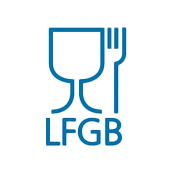
LFGB is considered one of the most important, and strictest, food safety management acts in Europe.
It is used to regulate food and food-related products’ safety standards with any product receiving LFGB certification being found free of any chemical toxic substances and being deemed safe for human use.
You will find the LFGB label against many of our food-related products.
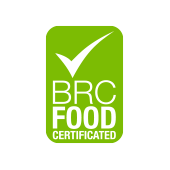
The BRC Global Standard for Food Safety is a leading brand and consumer protection organisation used by over 29,000 certified suppliers. It is one of the most widely accepted food safety standards and achieving this certification ensures that customers have every confidence in the product that they are purchasing.
BRC assess the entire supply chain of a product from the ingredients and packaging to the ethical trade and responsible sourcing giving consumers full reassurance.
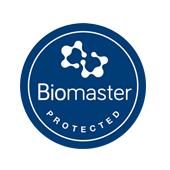
We have a range of antimicrobial bags and pouches that have been made with the unique Biomaster additive that protects against harmful bacteria.
This Biomaster label specifically refers to the antimicrobial technology that has been incorporated into the material used to make the product. It comes from Addmaster who are a global leader in the supply of innovative and premium quality additives for the textile industry.
All Biomaster protected products have been tested to ISO 20743 and can be used in medical, food and water applications as it is completely safe.
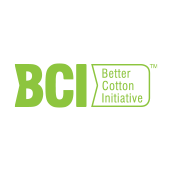
information
Factory
certifications
The third-party audits are carried out every 1-2 years whilst we complete our unscheduled inspections multiple times throughout a project.
Sometimes clients will ask for a copy of our factory audit reports and we are more than happy to share this if they are willing to sign a non-disclosure agreement. Alternatively, we can send the report with our factory details blanked out.
If there is a particular auditor that you prefer and is not listed below, then we can source a more appropriate factory using our wide network and connections.
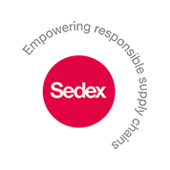
Sedex is the most popular audit report for UK companies and we are a proud member. It assesses the working conditions of a particular site using social auditing methodology known as SMETA (Sedex Members Ethical Trade Audit). There are two types, SMETA 2-Pillar and SMETA 4-Pillar, with SMETA 2-Pillar being the most common. A SMETA 2-Pillar audit comprises of the 2-Pillars: Labour Standards and Health & Safety, and these are mandatory modules for any SMETA audit. A SMETA4-Pillar audit includes all the above elements, plus the additional pillars of Environment and Business Ethics.

We are also a member of the Business Social Compliance Initiative which is a platform founded in 2003 that enables companies to improve social performance in their supply chain.
They have a strong code of conduct with 11 principles that include fair renumeration, no child labour and decent working hours.
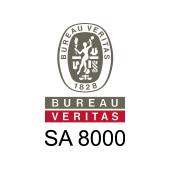
The SA8000 Standard is the world’s leading social certification program. It provides a framework for organisations to conduct business in a way that is fair and decent for workers and to demonstrate their adherence to the highest social standards.
Ethical production
initiative
Our directors conduct regular, unannounced visits to assess and audit the factories that we work with ensuring that they align with our exceedingly high level of ethical standards.
- Employment must be freely chosen
- No child labour
- No discrimination, harassment or bullying
- Respect workers’ rights to freedom and collective bargaining
- Work conditions must be safe and sanitary
- Statutory living wage must be paid
- Work hours must not be excessive
- All workers must be treated equally
